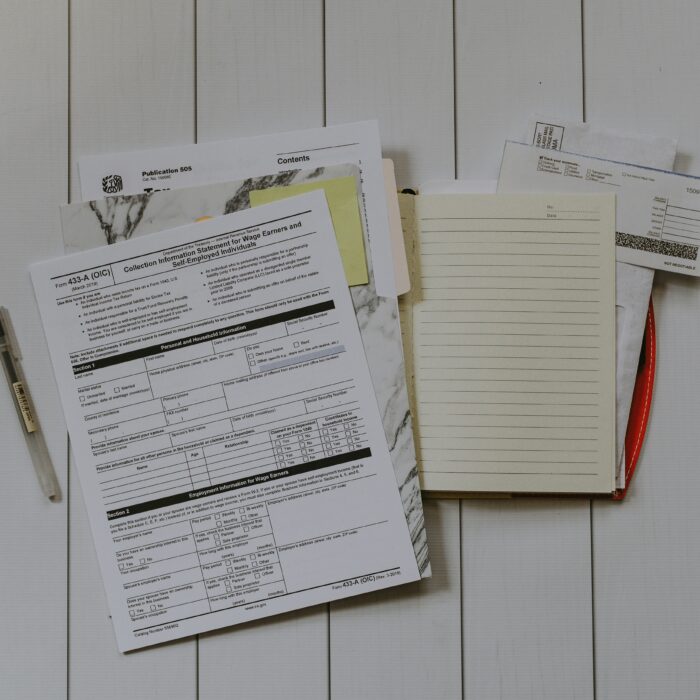What’s a pass-through tax?
by October 7, 2023
Please note: This blog was originally published in 2018. It’s since been updated for accuracy and comprehensiveness.
As a business owner, you watch money flow in and fly back out. In fact, some money you receive as a business owner hardly stays in your bank account at all.
For instance, when you collect sales tax from a customer you must account for those funds (but they never really factor into your bottom line at all). You collect the tax from the customer and then, after a certain period (a month, maybe, or three months), you’re required to file a sales tax return and remit it right to your state’s taxing authority. You barely have time to wave at it.
Sales tax is what’s known as a pass-through tax, because it “passes through” from the customer to whatever government agency wants it. You’re basically a conduit for this tax to reach its final destination; a way station, in a sense. That means you should never really “pay” sales tax. When sales tax collection is done correctly, you’re not reaching into your own pocket to pay the state. In collecting sales tax you’re acting as the state’s tax collector, and you get in trouble if everything isn’t on the up and up.
While there are many examples of pass through taxes, sales tax is undoubtedly the most common and the most divisive.
Sign up for an account with TaxJar so we can help ease your sales tax burden. This way the “passing through” won’t be as painful and you can concentrate on running your business instead of messy online sales taxes.








